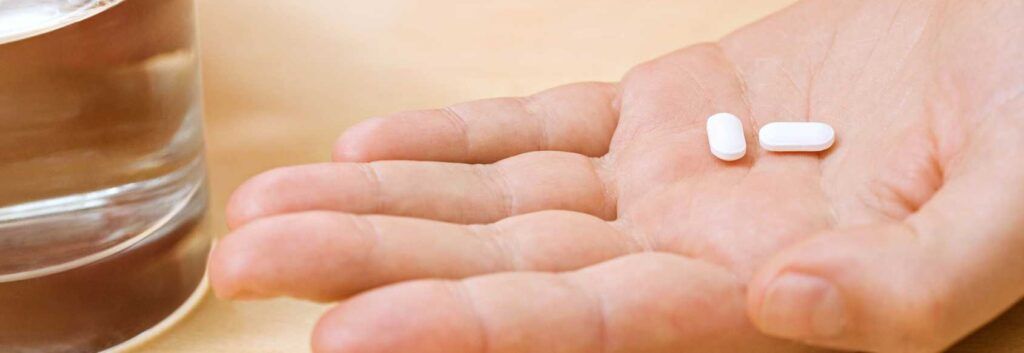Fish Oil Dosage: How Much Should You Take Per Day?
Why Do You Take It?
Dosages
Benefits
Fish Oil vs. Omega-3 Summary
While there isn’t a set amount of fish oil to consume every day, doing so could help you get the daily necessary amount of omega-3 fatty acids.
Why Take It?
Your health may benefit greatly from fish oil.
Omega-3 fatty acids included in it help to keep your heart healthy. Because your body is unable to produce omega-3s, you must obtain them from diet.
Additionally, some fish oils contain vitamin A, a crucial antioxidant, and vitamin D, which is crucial for strong bones and general immunity.
Recommended Dosages
The quantity of fish oil you should consume is not predetermined.
However, there are guidelines for EPA and DHA intake in addition to total omega-3 intake.
EPA and DHA together have a reference daily intake (RDI) of 250–500 mg (4 Trusted Source, 10 Trusted Source).
Make careful to read the label when purchasing fish oil supplements to find out how much EPA and DHA are included. According to 11Trusted Source, 1,000 mg of fish oil typically provides 300 mg of EPA and DHA.

Healthy Individuals
For males and women, respectively, the RDI for total omega-3 is 1,600 mg and 1,100 mg (11Trusted Source).
The majority of people obtain some omega-3 through their diet from foods like flax seeds, soybean oil, and walnuts, however these foods also contain ALA.
Although ALA can be converted by your body into EPA and DHA, you probably won’t produce enough of these fatty acids on your own. You may not be getting enough EPA and DHA unless you consume roughly two servings (8 ounces or 224 grams) of oily fish per week (4Trusted Source, 12Trusted Source, 13Trusted Source).
Adults can often ingest up to 3,000 mg of fish oil per day without harm (14Reliable Source).

During Pregnancy
For a healthy fetus to develop, EPA and DHA are necessary. During the final trimester of pregnancy, DHA in particular builds up in the brain (12Trusted Source, 15Trusted Source).
The RDI for these fatty acids is frequently not met by pregnant women (4 Trusted Source).
The benefits of taking EPA and DHA supplements throughout pregnancy extend to your child’s early years. Improved problem-solving abilities and a decreased risk of developing asthma and food allergies are potential advantages (16Trusted Source, 17Trusted Source, 18Trusted Source).
During pregnancy, the WHO advises 300 mg of combined EPA and DHA per day, of which 200 mg should be DHA (19Trusted Source).
You should look for a fish oil supplement with a higher ratio of DHA as most include more EPA than DHA (1 Trusted Source)
Infants and Kids
For newborns under 1 year old, 500 mg of omega-3 is an acceptable intake, and at 14 years old, the intake gradually climbs to that of an adult (11Reliable Source).
Similarly, depending on age, different amounts of EPA and DHA are advised.
A 4-year-old, for instance, needs approximately 100 mg of combined EPA and DHA, but an 8-year-old requires approximately 200 mg (23Trusted Source).
Since vitamin A and D are naturally present in fish liver and are also preserved there, children’s fish liver oils will also naturally contain some of these vitamins, while other fish oil supplements may contain additional vitamin D, A, and E. The oil is kept stable by vitamin E, which also might extend shelf life.


